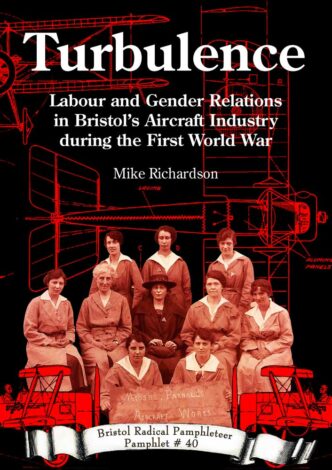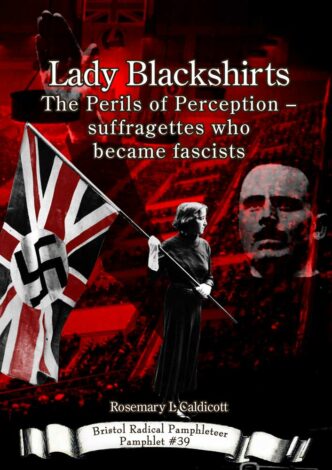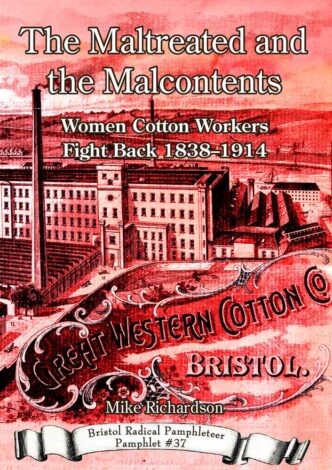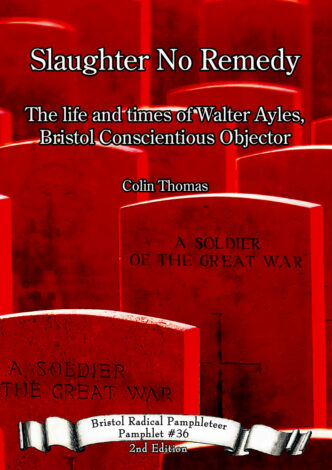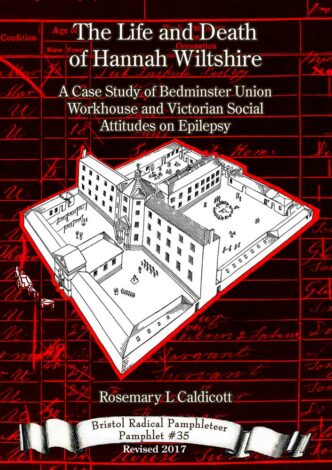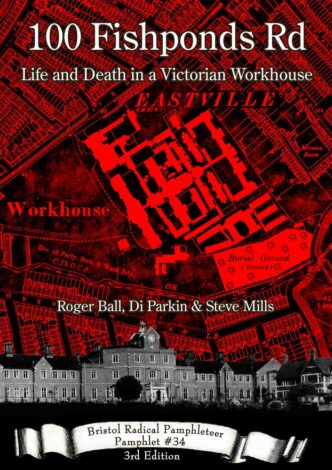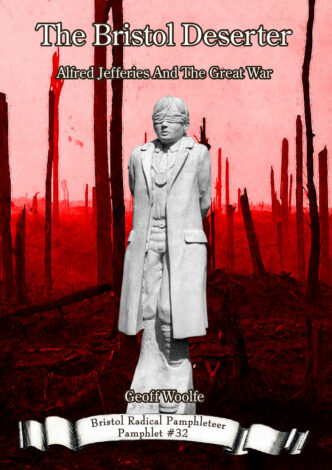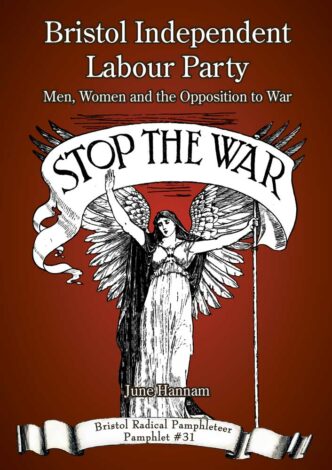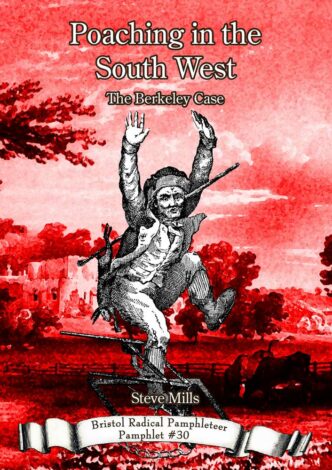Turbulence
Labour and Gender Relations in Bristol’s Aircraft Industry during the First World War
Turbulence describes how the expanding armaments industry of the First World war drew thousands of unskilled and semi-skilled workers – women as well as men- into Bristol’s aircraft factories. Skilled men in the workforce resented their arrival. They also defended their own exemption from military conscription. Opposition to the dilution of skills through changes in the production process sometimes combined with traditional male hostility towards women at the work place. Nevertheless the […]


